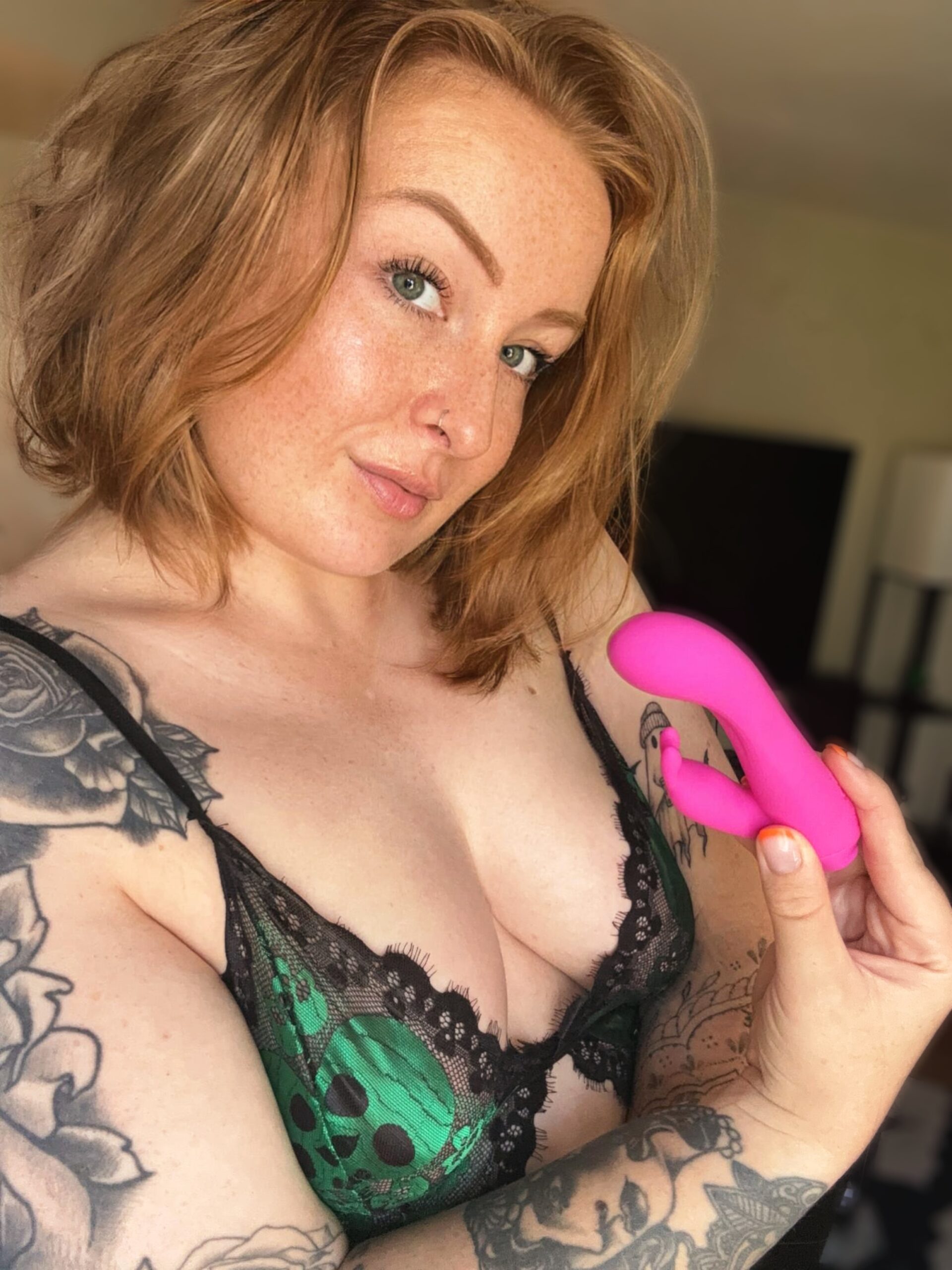Red Flags: The Warning Signs
Red flags are warning signs that a relationship may be unhealthy or even dangerous.
Recognizing these signs early can help you protect your well-being and make informed decisions about the relationship.
Controlling behavior is a major red flag in any relationship.
It involves a partner attempting to exert excessive power and control over their significant other’s thoughts, actions, and emotions.
Here are some common signs of controlling behavior:

Isolating you from loved ones:
This can include discouraging contact with friends and family members or even accusing them of being bad influences.
Monitoring your whereabouts:
A controlling partner may constantly ask where you are, who you’re with, and demand to know your plans.
Dictating your appearance:
They might criticize your clothes, hairstyle, or other aspects of your appearance and try to control how you present yourself.
Restricting your finances:
Controlling partners may limit your access to money, monitor your spending, or even take control of your bank accounts.

Jealousy and Possessiveness:**
Excessive jealousy and possessiveness are often signs of insecurity and a need for control. They may accuse you of cheating, get angry when you interact with other people, or try to limit your social interactions.
Making threats:
Controlling partners may use threats of violence, harm to themselves or others, or even legal action to manipulate and intimidate you.
Gaslighting:
This involves manipulating you into questioning your own sanity and perception of reality. They may deny things that happened, twist your words, or make you feel like you’re going crazy.
It’s important to remember that controlling behavior is never acceptable.
If you are experiencing any of these signs in a relationship, it is crucial to seek help and support.
Toxic relationships can be incredibly damaging, both emotionally and mentally. Recognizing red flags early on is crucial for protecting your well-being.
Here are some warning signs to look out for:
-
Constant Criticism:
A partner who frequently belittles you, puts you down, or makes hurtful comments about your appearance, personality, or accomplishments is not treating you with respect.
-
Control and Manipulation:
Trying to control your actions, decisions, or relationships with friends and family. This can involve isolating you from loved ones, dictating what you wear, or monitoring your every move.
-
Jealousy and Possessiveness:
Excessively jealous behavior, accusing you of cheating without cause, or trying to limit your interactions with others can be signs of a controlling personality.
-
Lack of Empathy:
An inability to understand or care about your feelings. They may dismiss your concerns, make light of your problems, or refuse to apologize for their hurtful actions.
-
Gaslighting:
Manipulating you into questioning your sanity or perception of reality. This involves denying events that happened, twisting the truth, or making you doubt your own memory.
If you recognize these red flags in your relationship, it’s important to take action:
-
Trust Your Instincts:
Don’t ignore your gut feeling if something feels wrong.
-
Set Boundaries:
Clearly communicate what is and isn’t acceptable behavior. Be firm and consistent in enforcing these boundaries.
-
Seek Support:
Talk to trusted friends, family members, or a therapist about what you’re experiencing. They can offer guidance and support.
-
Consider Counseling:
Couples therapy may be helpful if both partners are willing to work on the issues. However, it’s important to remember that therapy cannot force someone to change.
-
Prioritize Your Safety:
If you feel threatened or unsafe, remove yourself from the situation and seek help immediately.
Remember, you deserve to be in a healthy, respectful relationship. Don’t settle for less.
Constant criticism is a major red flag in any relationship, signaling potential toxicity. It goes beyond constructive feedback and delves into negativity that aims to tear down your self-esteem.
A person who constantly criticizes may focus on your appearance, personality traits, choices, or achievements. They might find fault with everything you do, belittling your efforts and making you feel inadequate. This pattern of behavior is designed to control and manipulate you by making you doubt yourself and rely on their approval.
Pay attention to the language used in these criticisms. Is it hurtful, demeaning, or sarcastic? Does it focus on your flaws rather than offering genuine suggestions for improvement?
Remember that true love and respect build each other up, not tear each other down. Constructive criticism is valuable, but it should be delivered with kindness and a desire to help you grow. Constant criticism, on the other hand, is a sign of disrespect and emotional abuse.
Breaking Free: Strategies for Safety
Toxic relationships are characterized by patterns of behavior that erode one’s emotional, mental, or physical well-being. Recognizing these signs early on is crucial for protecting yourself.
A key indicator is a consistent lack of respect. This can manifest as belittling comments, disregard for your opinions, and dismissal of your feelings. The other person may frequently interrupt you, talk over you, or make decisions without considering your input.
Control and manipulation are also hallmarks of toxicity. A partner might try to isolate you from friends and family, dictate your clothing choices, or monitor your whereabouts. They may use guilt trips, threats, or emotional blackmail to get their way.
Another red flag is a constant cycle of conflict and drama. Disagreements are penis sleeve girth normal in any relationship, but in a toxic one, they escalate quickly and become emotionally charged. You may find yourself walking on eggshells, constantly afraid of triggering an argument.
Breaking free from a toxic relationship requires courage and self-awareness. The first step is acknowledging the problem and understanding that you deserve better.
Setting firm boundaries is essential. This means clearly communicating your needs and limits to your partner and sticking to them. For example, if they constantly criticize your appearance, you might say, “I understand you have your opinions, but I don’t appreciate being spoken to this way.” Be prepared for resistance, as toxic individuals often lash out when their control is challenged.
Seeking support from trusted friends and family can be invaluable. They can offer emotional validation, practical advice, and a safe space to process your experiences.
Therapy can also provide you with tools and strategies for healing and building healthier relationships in the future.
Remember, leaving a toxic relationship is not a sign of weakness, but rather a demonstration of strength and self-love. It’s about prioritizing your well-being and creating a life where you feel safe, respected, and valued.
Toxic relationships can be insidious, gradually wearing down an individual’s self-esteem and well-being. Recognizing the signs early is crucial for breaking free and protecting yourself.
One of the first indicators is a persistent feeling of *anxiety* or *walking on eggshells* around your partner. Constant criticism, belittling remarks, and controlling behavior are red flags that suggest an unhealthy dynamic.
Another sign is *isolation*. A toxic partner might try to distance you from friends and family, creating a sense of dependence and control.
Pay attention to your own emotional state. Do you feel constantly drained, unhappy, or *disrespected*? If so, these are strong indicators that the relationship is harmful.
Once you recognize the signs of toxicity, it’s essential to **prioritize your safety**. This might involve setting clear boundaries, limiting contact, or even seeking temporary separation.
Leaning on your *support system* is vital during this process. Talk to trusted friends, family members, or a therapist about what you’re going through. They can offer emotional support, validation, and practical advice.
*Remember, you are not alone*. Many people have experienced toxic relationships, and there are resources available to help you heal and move forward.
Seeking professional help from a therapist or counselor can provide valuable tools for understanding the dynamics of the relationship, developing coping mechanisms, and rebuilding your self-esteem.
Breaking free from a toxic relationship can be challenging, but it is possible. By recognizing the signs, prioritizing your safety, and leaning on your support system, you can take steps towards a healthier and happier future.
Recognizing a toxic relationship is crucial for your well-being. These relationships can manifest in various forms, including romantic, familial, or platonic, and often leave individuals feeling drained, insecure, and emotionally distressed.
Here are some key indicators of a toxic relationship:
* **Constant Criticism:** The other person frequently belittles you, puts you down, or makes negative comments about your appearance, abilities, or choices.
* **Control and Manipulation:** Attempts to control your actions, decisions, finances, or social interactions. They may guilt-trip, threaten, or use emotional blackmail to get their way.
*
Lack of Respect:
Disregarding your boundaries, opinions, or feelings. They may interrupt you, talk over you, or dismiss your concerns.
*
Jealousy and Possessiveness:
Excessive jealousy and attempts to isolate you from friends and family. This can involve monitoring your communications, accusing you of infidelity without reason, or controlling who you see.
* **Gaslighting:
Making you doubt your own memories, perceptions, or sanity. They may deny things they said or did, twist your words, or make you question your reality.
If you find yourself in a toxic relationship, breaking free can be challenging but essential for your mental and emotional health.
- Acknowledge the Problem: The first step is to honestly recognize that the relationship is unhealthy. Don’t make excuses or minimize the harmful behavior.
- Set Boundaries: Clearly communicate your limits and expectations to the other person. Be firm and consistent in enforcing these boundaries, even if it leads to conflict.
- Build a Support System: Reach out to trusted friends, family members, or a therapist for support and guidance. Having people you can rely on can provide emotional strength and encouragement.
- Develop a Safety Plan: If you fear for your physical safety, create a plan that includes safe places to go, emergency contacts, and strategies for escaping if necessary.
- Seek Professional Help: A therapist can provide valuable support, help you process your experiences, and develop coping mechanisms for dealing with the aftermath of a toxic relationship.
Remember that breaking free from a toxic relationship is a courageous act of self-love. You deserve to be in healthy, supportive relationships where you feel valued, respected, and safe.
Moving On: Building a Healthy Future
Moving on from a toxic relationship can be challenging, but it is crucial for your well-being and future happiness.
Building a healthy future begins with prioritizing self-care. This involves nurturing your physical, emotional, and mental health.
-
Physical Self-Care: Engage in activities that promote your physical health, such as regular exercise, a balanced diet, and sufficient sleep. These practices can boost your energy levels, improve your mood, and strengthen your resilience.
-
Emotional Self-Care: Allow yourself to feel your emotions fully without judgment. Seek support from trusted friends, family, or a therapist to process your experiences and heal emotionally. Practice mindfulness and relaxation techniques to manage stress and anxiety.
-
Mental Self-Care: Challenge negative thoughts and beliefs that may stem from the toxic relationship. Engage in activities that stimulate your mind, such as reading, learning new skills, or pursuing hobbies. Set realistic goals and celebrate your accomplishments, no matter how small.
Beyond self-care, consider these steps to build a healthy future:
-
Establish Boundaries: Clearly define what you will and will not accept in relationships. Communicate these boundaries assertively and enforce them consistently.
-
Surround Yourself with Positivity: Spend time with people who support and uplift you. Limit your exposure to negative influences, including individuals or situations that trigger unhealthy patterns.
-
Learn from the Past: Reflect on the toxic relationship objectively to identify patterns and lessons learned. This self-awareness can empower you to make healthier choices in the future.
-
Seek Professional Help: If you are struggling to cope with the emotional fallout of a toxic relationship, consider seeking guidance from a therapist or counselor. They can provide support, tools, and strategies for healing and growth.
Remember that building a healthy future takes time and effort. Be patient with yourself, celebrate your progress, and trust in your ability to create a fulfilling life free from toxicity.
Moving on from a *toxic relationship* can be an incredibly difficult but ultimately empowering journey. It’s important to recognize that you deserve to be in healthy, supportive relationships where you feel safe, respected, and valued.
The first step is **acknowledging** that the relationship is unhealthy. This might involve identifying patterns of *abuse*, *manipulation*, or *neglect*. Reflect on how the relationship makes you feel—do you often feel drained, anxious, or insecure? These are red flags that signal a need to prioritize your well-being.
Once you’ve made the decision to leave, **setting boundaries** is crucial. This means clearly communicating your limits to your partner and enforcing them consistently. It might involve limiting contact, refusing to engage in certain conversations, or establishing consequences for crossing those boundaries.
Seeking *support* from trusted friends, family, or a *therapist* is essential during this time. They can offer emotional support, validation, and practical advice as you navigate the challenges of moving on. Don’t hesitate to reach out for help—you don’t have to go through this alone.
After leaving the relationship, focus on **healing** and rebuilding your self-esteem. Engage in activities that bring you joy, reconnect with hobbies you may have neglected, and prioritize self-care practices like exercise, healthy eating, and mindfulness. Remember that healing takes time, so be patient with yourself.
As you heal, it’s important to **learn from the experience**. Reflect on the patterns and dynamics in the relationship, identify your role in those dynamics, and understand what you want in a *healthy* relationship moving forward. This self-awareness will help you make better choices in future relationships.
Finally, remember that you are **strong** and capable of creating a **fulfilling** and **healthy future** for yourself. Embrace this new chapter with hope and optimism—you deserve happiness and love.
Moving on from a toxic relationship can be one of the most challenging experiences in life. It often requires deep introspection, emotional courage, and a commitment to rebuilding your sense of self-worth.
Recognizing the signs of toxicity is crucial.
Toxic relationships are characterized by: **control**, **manipulation**, **neglect**, **disrespect**, **constant conflict**, and an overall imbalance of power.
Victims often experience emotional abuse, feeling drained, insecure, and constantly walking on eggshells.
The first step towards healing is acknowledging the reality of the situation.
Accepting that you are in a harmful relationship can be painful, but it is essential for taking control of your life.
Once you recognize the toxicity, it’s time to develop a **safety plan**. This may involve seeking support from friends, family, or a therapist, establishing boundaries with the toxic individual, and creating a support system that prioritizes your well-being.
Leaving a toxic relationship can be daunting, but remember that you deserve to be in a healthy and supportive environment.
It’s important to prioritize your own emotional and physical safety.
Building a healthy future starts with **self-care**.
Engage in activities that bring you joy, reconnect with loved ones who support you, and focus on nurturing your well-being.
Therapy can be incredibly beneficial in processing the trauma of a toxic relationship.
A therapist can provide a safe space to explore your feelings, develop coping mechanisms, and build resilience.
Learning to **forgive** is an important part of healing.
*Forgiveness* does not mean condoning the other person’s behavior; it means releasing yourself from the bitterness and anger that can hold you back.
It is a gift you give to yourself, allowing you to move forward without being burdened by the past.
Rebuilding trust in yourself and in future relationships takes time and patience.
Be open to new connections but learn from your past experiences.
Set clear boundaries, communicate your needs assertively, and surround yourself with people who value and respect you.
Remember that healing is a journey, not a destination.
There will be ups and downs along the way, but with time, support, and self-compassion, you can build a happy and fulfilling future.
Read the detailed post here
Access the article for all details
- Who Shouldn’t Get Botox? - November 17, 2025
- What Is Sexual Autonomy And How It Influences Modern Dating - November 16, 2025
- Weed Drinks Vs Cannabis Edibles: Pros And Cons - November 13, 2025
